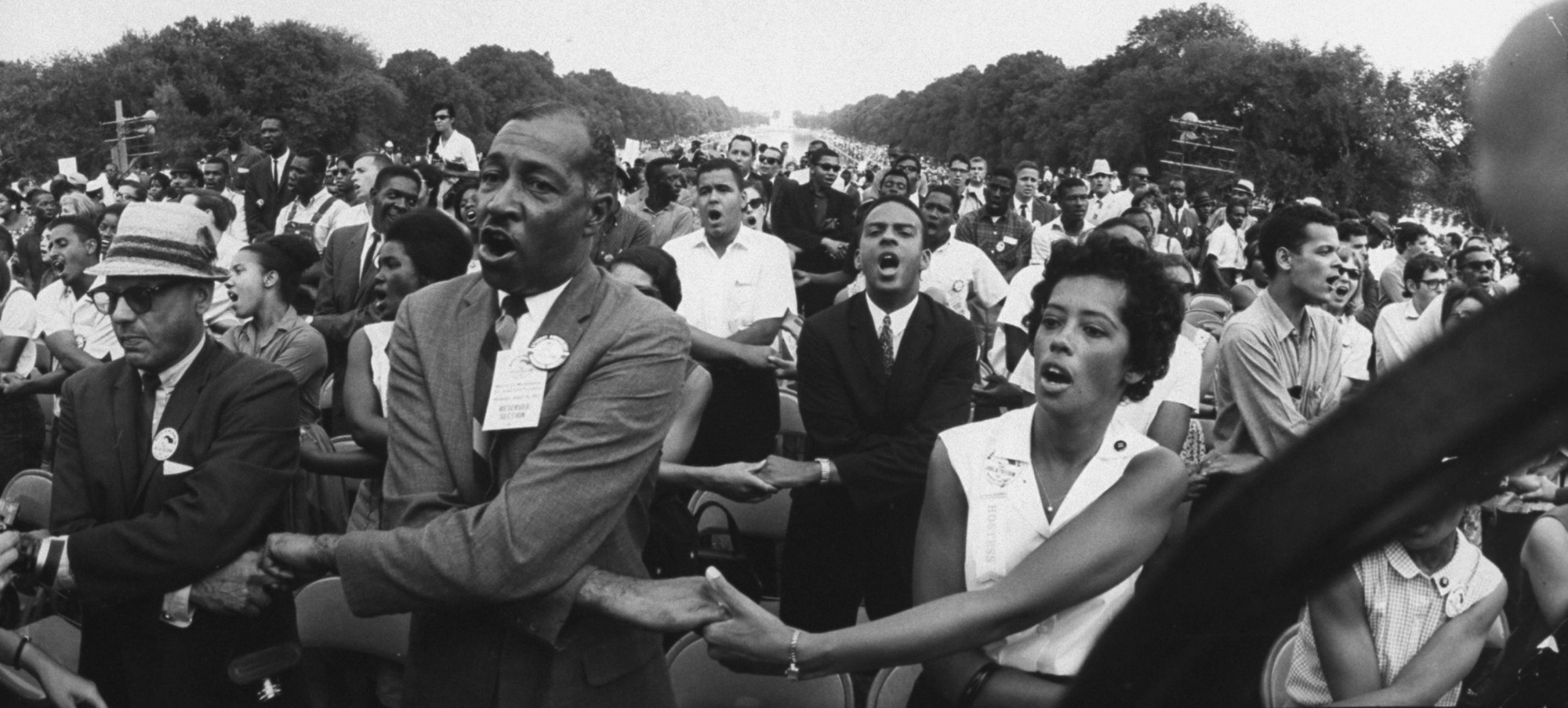In August 2011, New York City mayor Michael Bloomberg and philanthropist George Soros announced that their respective foundations will each contribute $30 million to a $127.5 million Young Men’s Initiative to “tackle the broad disparities slowing the advancement of black and Latino young men” in the city, by addressing the problems of education, poverty, health, unemployment, and incarceration.
An obvious question is whether, given the prevalence of these problems in many cities, the Bloomberg-Soros initiative can be replicated across the country, as Mayor Bloomberg hopes.
According to Politicker.com, Rep. Charlie Rangel (D-NY) “hopes President Obama takes a lesson” from Mayor Bloomberg:
“I think what the mayor has done is what the nation is going to have to do…This has to be a national policy.” [Rangel Wants the Nation to Follow Bloomberg]
Leaving aside how exactly the initiative can be translated into national policy, with respect to replication, few, if any, other cities have philanthropic-minded billionaires like Bloomberg and Soros who are similarly motivated and willing to put up substantial amounts to jump-start initiatives that address the problems of minority youth.
However, it does not have to happen on as large a scale as New York City’s–there are variants of the approach that are feasible for most other cities. Rather than wait for other Bloombergs and Soroses and/or the government, which would most likely be futile, one way is for a few wealthy people in an urban area to pool their funds on a more modest scale to jump-start an initiative. This could conceivably grow over time into a multimillion dollar effort through contributions by others, including people of more modest means who are similarly motivated.
The wealthy benefactors could join forces with other prominent, highly accomplished, and well-respected people in the urban area who may not be wealthy — and therefore cannot contribute much financially — but have strong reputations, connections, relationships, and public standing in their communities.
With such a high-profile team of people who can lend their credibility, prestige, gravitas, and imprimatur to the initiative, it would be able to attract additional contributions from governments, foundations, and individuals to make it large enough to have transformational impact. An example: in 1997, General Colin Powell used his stellar reputation and huge popularity to establish and mobilize funding for America’s Promise Alliance. Also, wealthy African Americans such as Oprah Winfrey, Bill Cosby, Reginald Lewis, Alphonse Fletcher Jr., and others have established multimillion dollar endowments and helped to advance numerous philanthropic initiatives in education and other areas.
Wealthy and not-so-wealthy but well-off/accomplished African Americans in urban areas could take the initiative along these lines to jump-start resource-pooling efforts in their respective communities. [The BlackProgress.com article, Financing Black Progress, Part 2: A Self-Reliance “Marshall Plan”: Creating a National Resource-Pooling Fund, discusses how a national resource-pooling fund could be created using such a strategy.]
The coming together of such respected people, who can use their popularity, power, influence, and connections to generate publicity, interest, and support for a fund, would have the positive, captivating effect of galvanizing large numbers of upper- and middle-class blacks (and nonblacks) to contribute modest amounts.
Such a broad-based, community-driven self-reliance approach could be particularly transformative. There is a strong tradition and long history of philanthropy and “giving back” in the black community, such as financial contributions to churches, charity and community organizations, etc. And the motivating factors in this regard remain strong. Therefore, there is no doubt that large numbers of African Americans would be willing to make at least modest contributions to a resource-pooling effort, as long as they are confident that the initiative will significantly improve the lives of children/youth who desperately need help.
To be sure, many wealthy African Americans are already helping to improve poor communities in various ways, though many critics assert — unfairly in some cases — that they do not do as much as they are capable of doing and have failed to meet their moral responsibility and obligations to those “left behind” in distressed communities.
By coming together and pooling funds and other resources to establish a large-scale initiative that would have much more clout and be much more potent than the combined effect of their much smaller individual efforts, they obviously would have a much more transformational and lasting impact on their communities.
